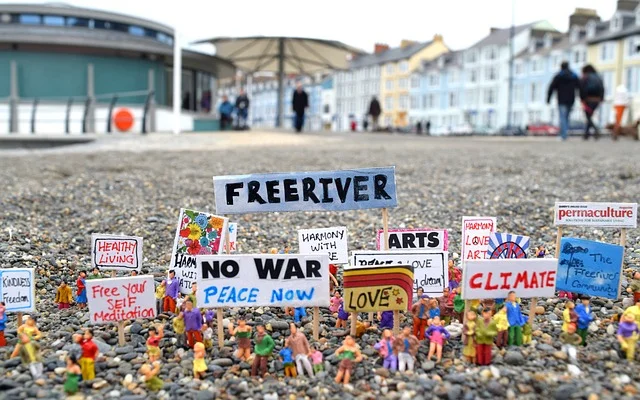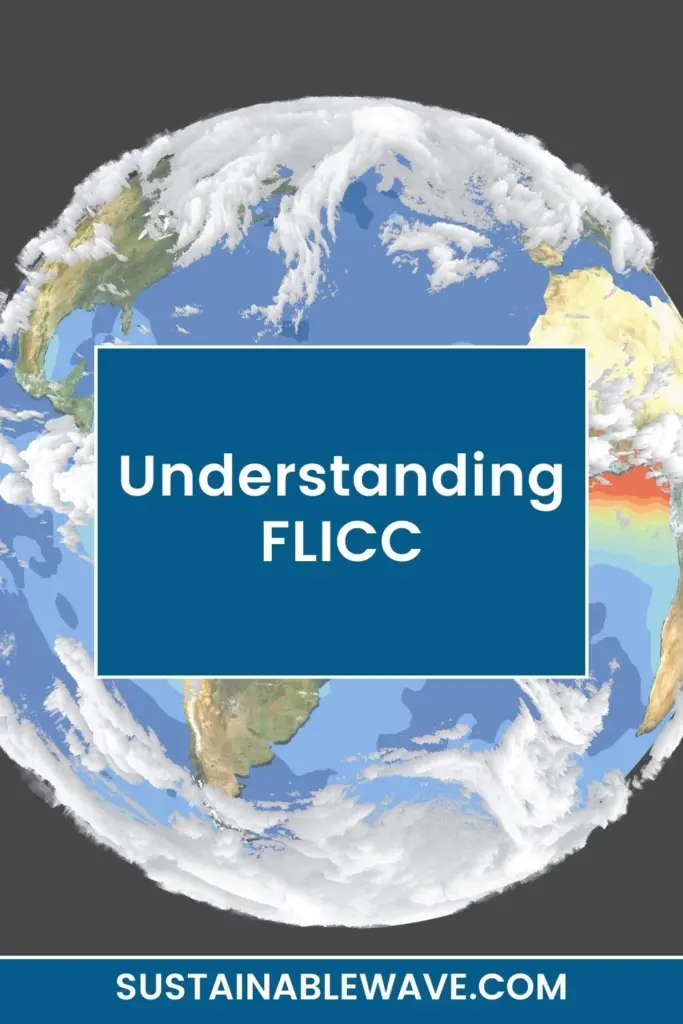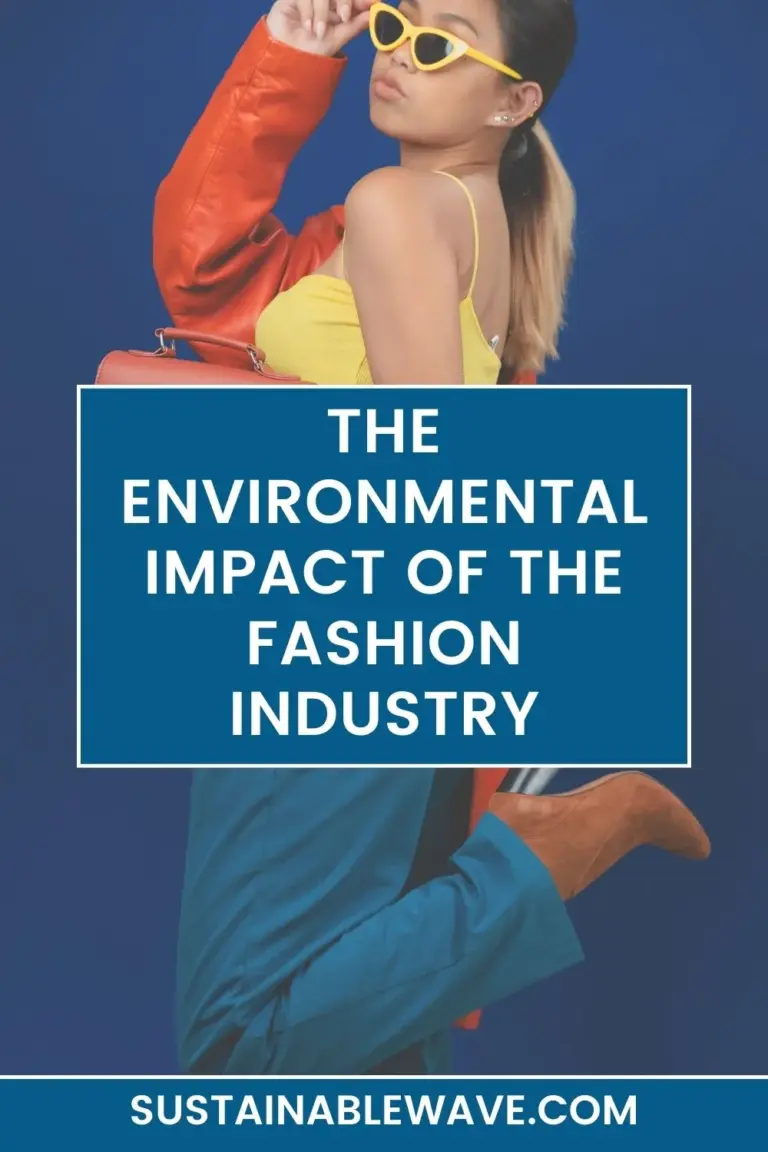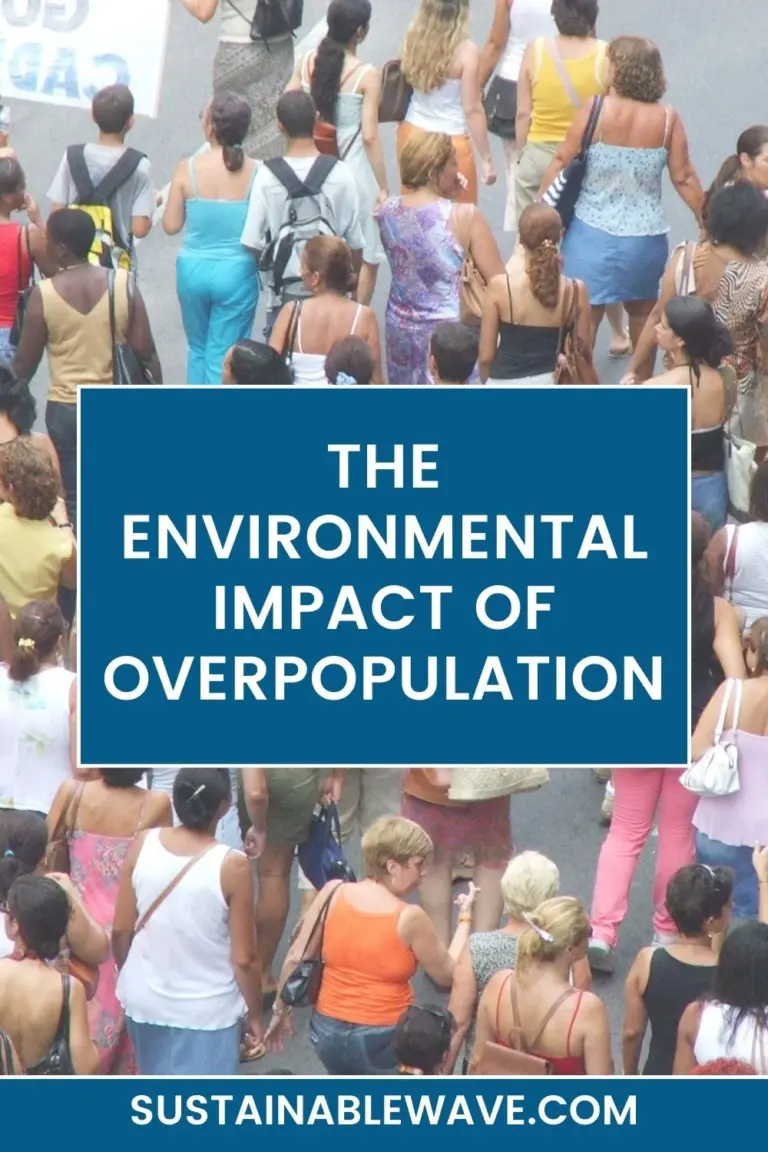Climate change is undoubtedly one of the most critical issues of our time. But why do some folks still vehemently deny its existence or downplay its impact? Often, it boils down to a series of logical fallacies perpetuated by climate skeptics. Enter the acronym “FLICC,” a convenient way to categorize these fallacies.
FLICC stands for Fake Experts, Logical Fallacies, Impossible Expectations, Cherry Picking, and Conspiracy Theories. When you hear someone spouting these fallacies, it’s essentially a checklist of climate denial tactics.
Ready to unpack this jargon and debunk some climate myths? Let’s dive in!
Understanding The Meaning Of FLICC

Let’s look a bit closer at each of these points in FLICC.
1. Fake Experts
In any debate, credibility is crucial. However, in the realm of climate denialism, folks often lean on “experts” who aren’t climate scientists at all. These individuals might have a slew of credentials in unrelated fields, but they’re trotted out as authorities on climate change. Beware of the wolf in sheep’s clothing!
2. Logical Fallacies
Ah, logic. It’s the foundation of any valid argument. However, climate skeptics frequently rely on arguments that don’t hold water. From hasty generalizations to slippery slopes, these fallacies are meant to divert your attention from the real issue at hand.
3. Impossible Expectations
This one’s a doozy. Skeptics will often demand 100% certainty from climate scientists—a standard that’s virtually impossible in any scientific discipline. Science thrives on probability, not absolute certainty. Holding climate science to this unrealistic standard is nothing short of moving the goalposts.
4. Cherry Picking
Selective use of data is a hallmark of climate denial. By focusing on specific, often out-of-context data points, skeptics aim to paint a skewed picture of climate change. Remember, it’s the full dataset and the overarching trends that matter, not isolated incidents.
5. Conspiracy Theories
Lastly, when all else fails, there’s always the conspiracy theory card. From claims that all climate scientists are in cahoots for grant money to wild theories about world domination, these are the tales that grab headlines but lack substance.
How FLICC Is Used To Deny Climate Change
The intricate web of climate change denial often employs the FLICC framework as a tool for obfuscation.
Grasping how each component of FLICC functions aids in debunking myths and establishing a foundation based on genuine science:
- Fake Experts: Promoting individuals who lack climate science credentials as authoritative voices, thereby muddling the discourse.
- Logical Fallacies: Deploying seemingly rational arguments that are, in reality, based on incorrect reasoning or misinterpretations, such as suggesting that because the Earth has undergone climate changes in the past, human-induced change is a myth.
- Impossible Expectations: Demanding flawless and absolute predictions from climate models, ignoring the inherent uncertainties that all scientific predictions contain.
- Cherry Picking: Highlighting specific data or isolated events that appear to counter the prevailing scientific consensus while ignoring the broader data set.
- Conspiracy Theories: Floating the idea that thousands of scientists across the globe are engaged in a coordinated deception about the realities of climate change, casting doubt on genuine research.
Why Addressing These Fallacies is Crucial
In our interconnected digital age, the propagation of misinformation can have dire consequences. This is especially true when the topic in question, like climate change, holds significant implications for our planet’s future.
Here’s why addressing these fallacies is not just important but absolutely essential:
1. Climate Change’s Irreversible Impact
Every moment we spend debating the existence of climate change based on fallacies is a moment lost in addressing its real and impending threats. Rising sea levels, erratic weather patterns, and devastating natural disasters await us if we remain trapped in a cycle of misinformation. The more we allow these fallacies to perpetuate, the more we delay necessary action.
2. Influence on Policy Making
Decisions on national and global scales are influenced by public perception. When the public is swayed by false narratives, it impacts the kind of policies that get made. For a crisis as pressing as climate change, we need policies based on facts, not fallacies.
3. Educated Public Discourse
Healthy democracies thrive on informed debates. Fallacies poison the well of public discourse, preventing constructive discussions and solutions. By addressing these misconceptions head-on, we ensure that the dialogue remains productive.
4. Future Generations Depend on Our Actions
Our children and their children will inherit the world we leave behind. If we allow fallacies to guide our decisions today, we’re setting future generations up for a planet plagued with environmental challenges.
5. Upholding Scientific Integrity
Science is built on rigorous research, peer reviews, and objective truths. When fallacies overshadow facts, it erodes trust in scientific institutions and processes. By debunking these misconceptions, we’re also upholding the integrity and importance of the scientific method.
The Many Logical Fallacies of FLICC

Unpacking the FLICC methodology, we find various logical fallacies employed to discredit or dismiss the realities of climate change.
Recognizing these tactics is crucial to cutting through the noise and discerning fact from fiction:
- Ad Hominem Attacks: Discrediting the scientist rather than addressing the science.
- Appeal to Nature: Arguing that since CO2 is natural, it can’t be harmful.
- Slippery Slope: Assuming one action will inevitably lead to unwanted outcomes, like suggesting economic ruin from green policies.
- Red Herring: Introducing irrelevant topics to divert from the main climate change discussion.
- Straw Man: Misrepresenting a position to make it easier to attack, like oversimplifying climate science.
Using The FLICC Method of Detecting Bias
Bias often lurks behind seemingly valid arguments.
By applying the FLICC method, we equip ourselves with a tool to discern genuine information from biased narratives, fostering a more informed perspective on climate discussions:
- Identify Experts: Determine if the individual speaking on the topic has relevant expertise in climate science.
- Analyze Logic: Ensure that the arguments presented are based on sound reasoning and aren’t riddled with inconsistencies.
- Assess Expectations: Check if the demands being made are realistic or if they’re setting unattainable standards for dismissing evidence.
- Review Data Holistically: Examine data in its entirety, not just selected points that support a particular narrative.
- Question Conspiracies: Scrutinize conspiracy claims for validity, and seek multiple credible sources before accepting such narratives.
Real-life Encounters with FLICC Fallacies
Narratives based on FLICC fallacies aren’t just theoretical concepts; they manifest in real-life scenarios, influencing public opinion and sometimes even leading to counterproductive actions.
Here are a couple of anecdotes from the trenches:
1. The Misleading Seminar
I recall attending a seminar on environmental changes a few years ago. One of the speakers, introduced as a “renowned environmental scientist,” downplayed the effects of CO2 on global warming. Intrigued, I dug a little deeper into his background.
It turned out his expertise was in botany, specifically plant diseases, with no real grounding in climate science. Yet, many attendees left that seminar with a skewed perspective, thinking global warming was a “minor” concern.
2. The “Winter is Cold, So Global Warming is a Hoax” Argument
A friend once mentioned over dinner, “It was freezing last winter! So much for global warming.” This cherry-picking fallacy took a single event—an especially cold winter—and used it to dismiss decades of climate data. It took a pot of coffee, some graphs, and a lot of patience to explain that weather isn’t climate, and one cold season doesn’t negate the long-term trend of a warming planet.
3. The Townhall Conspiracy Theorist
In a community town hall about implementing green initiatives, a vocal participant claimed that climate change was a conspiracy hatched by renewable energy companies to sell more solar panels and wind turbines. His arguments were based not on facts, but on conspiracy fallacies.
It underscored the need for communities to be educated about the genuine reasons behind the push for renewable energy.
These experiences serve as a reminder that fallacies can be persuasive, especially when they tap into pre-existing biases or beliefs. It underscores the importance of continuous education and dialogue to dispel myths and reinforce the facts surrounding climate change.
Conclusion

Understanding FLICC and the logical fallacies of climate denialism is the first step toward creating a more informed public discourse around climate change.
By being equipped with knowledge, you’ll not only become a beacon of truth in your community but also play a part in shaping a better future for all.
I’m Thomas, the owner of SustainableWave. Passionately promoting a sustainable planet. With experience in various eco-roles, I’ll share green tips, sustainability hacks, and personal eco-journeys on my blog.






